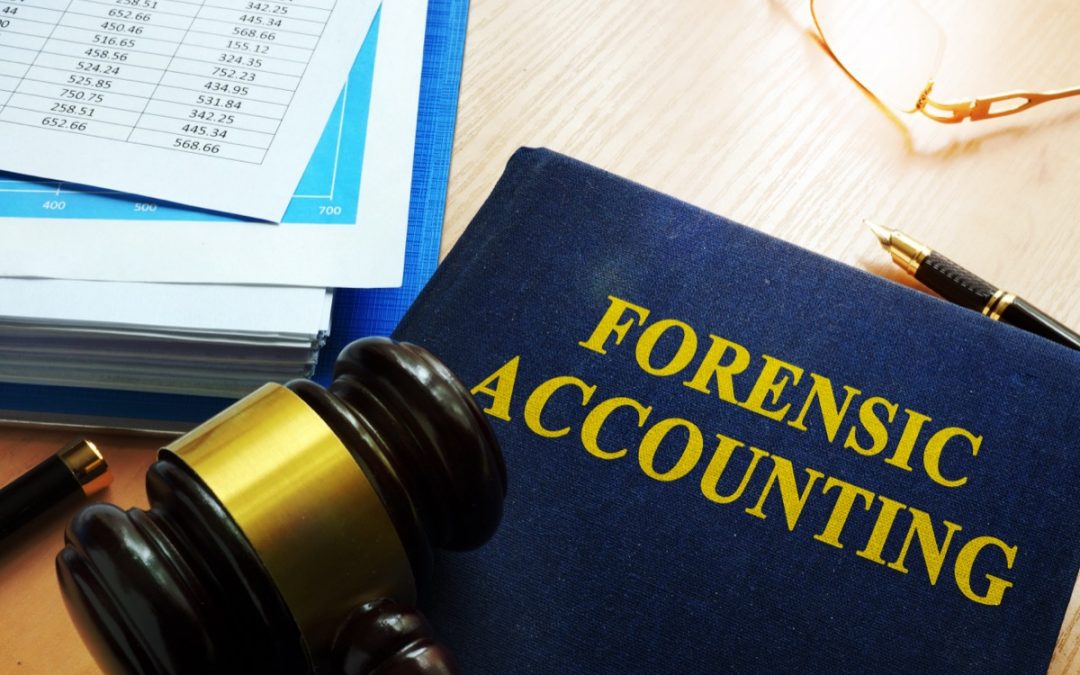Forensic accountants play a crucial role in uncovering and investigating financial fraud. Their expertise combines accounting, auditing, and investigative skills to analyze financial data, trace discrepancies, and provide evidence for legal proceedings. The following explores the role of forensic accountants in investigating fraud, the skills they bring to the table, and the processes involved in their work.
Understanding Forensic Accounting
Forensic accounting involves the application of accounting principles and investigative techniques to detect and prevent financial fraud. Forensic accountants are often called upon to investigate cases of embezzlement, bribery, corruption, money laundering, and other financial crimes. Their work goes beyond traditional auditing, focusing on uncovering fraudulent activities and providing evidence that can be used in court. The devil is in reviewing a myriad of details.
Key Responsibilities of Forensic Accountants
- Data Analysis: Forensic accountants use advanced data analysis techniques to scrutinize financial records, identify anomalies, and trace irregular transactions. This involves reviewing large datasets, identifying patterns, and using technology to analyze financial information effectively.
- Fraud Detection: Detecting fraud requires a keen understanding of financial systems and the ability to recognize red flags. Forensic accountants are trained to identify unusual patterns, discrepancies, and inconsistencies in financial documents that may indicate fraudulent activities.
- Investigative Interviews: Forensic accountants often conduct interviews with individuals involved in financial transactions to gather additional information. These interviews can provide valuable insights and help build a comprehensive understanding of the case.
- Expert Witness Testimony: Forensic accountants may be called upon to testify as expert witnesses in court. They present their findings and interpretations of financial data, helping judges and juries understand complex financial matters related to the case.
- Documentation and Reporting: A crucial aspect of their work involves documenting their findings in a clear and concise manner. Forensic accountants prepare detailed reports that outline the methods used, the evidence collected, and their conclusions regarding the financial fraud investigation.
Skills Required for Forensic Accounting
- Analytical Skills: Forensic accountants need strong analytical skills to dissect financial data, identify irregularities, and piece together the puzzle of fraudulent activities.
- Attention to Detail: The devil is in the details, and forensic accountants must pay close attention to every nuance in financial records to uncover hidden fraud schemes.
- Communication Skills: Effective communication is vital, especially when presenting complex financial information in court. Forensic accountants must be able to convey their findings clearly to non-experts.
- Ethical Judgment: Maintaining high ethical standards is crucial in forensic accounting. Professionals in this field must navigate complex situations with integrity and objectivity.
- Legal Knowledge: Understanding relevant laws and regulations is essential for forensic accountants, as their findings may be used in legal proceedings.
Forensic Accounting Process
- Engagement: Forensic accountants are engaged either by individuals, attorneys or businesses seeking to investigate suspected fraud. The engagement letter defines the scope of the investigation and key components of the investigation.
- Data Collection: Gathering relevant financial documents, transactions records, and any other evidence related to the case is a critical step. This may involve working with electronic databases, paper records, and interviews.
- Analysis: Forensic accountants apply their analytical skills to scrutinize the collected data. They use specialized software and techniques to identify inconsistencies and patterns that may indicate fraudulent activities.
- Reporting: A comprehensive report is prepared, detailing the findings of the investigation. This report is often used as evidence in legal proceedings.
- Testimony: Forensic accountants may be required to testify in court based on their findings. Their testimony can influence the outcome of legal cases related to financial fraud.
Conclusion
Forensic accountants play a crucial role in unraveling the complexities of financial fraud. Their expertise in accounting, investigative techniques, and legal knowledge positions them as key players in ensuring financial integrity. As financial crimes become more sophisticated, the demand for skilled forensic accountants continues to rise, making their work indispensable in the realm of white-collar crime investigation.
Katheryn Scott, managing partner of Driftwood Investigations LLC, is a renowned forensic accountant and can help you navigate through your fraud investigation. Katheryn is a retired FBI Sr. Forensic Accountant, Certified Fraud Examiner, and an Alabama licensed Private Investigator with over 25 years of experience. She is a recognized expert in her field and has qualified as an expert witness, working cases all over the United States. Give Katheryn a call at 833.374.3893 today to start your financial investigation.


Recent Comments